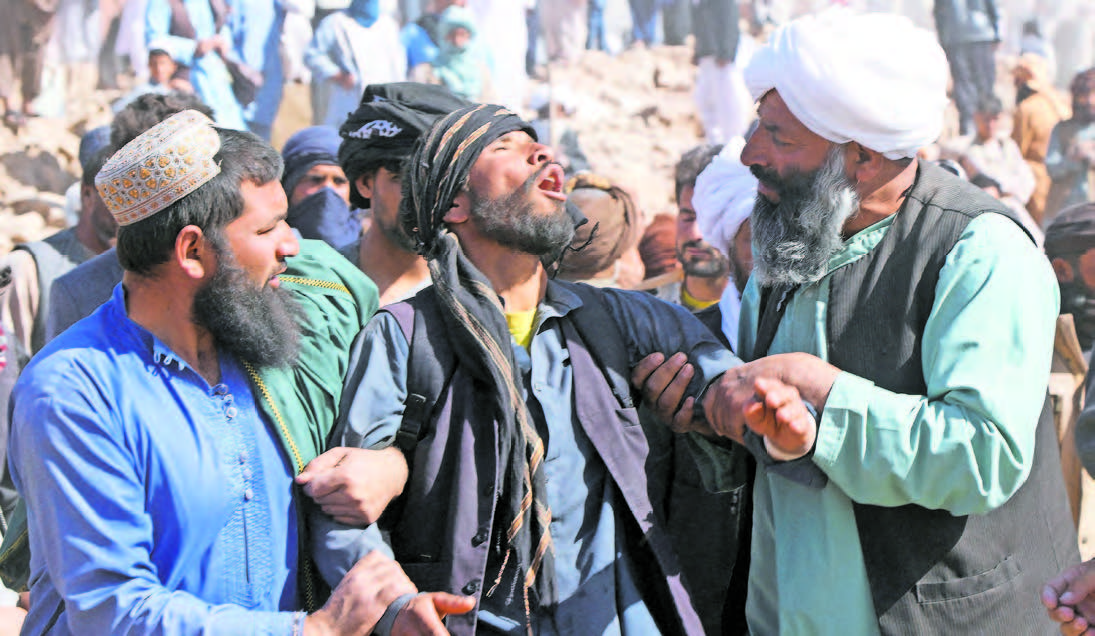
DUNWOODIE — The latest war in Israel spurs renewed speculation about the enduring question among religions.
That is, “Are we in the End Times?” Or, in more stark terms, “Is this the end of the world?”
Some preachers and commentators ask if the recent violence is the fulfillment of prophecy in Psalm 83, when Israel’s enemies assemble for its destruction.
That’s not a stretch, as Hamas launches attacks from Gaza, Hezbollah threatens from Lebanon, and leaders of Turkey and Iran churn hostility toward the Jewish state.
Meanwhile, some speculate on the roles of other nations — possibly Russia, China, and the United States.
Also consider analysts who link current events to a warning from Jesus in Mark 13: 6-8 — wars and rumors of wars (Ukraine, Israel); earthquakes (Afghanistan on Oct. 7); and famines (ongoing in Africa, the Middle East, and Haiti).
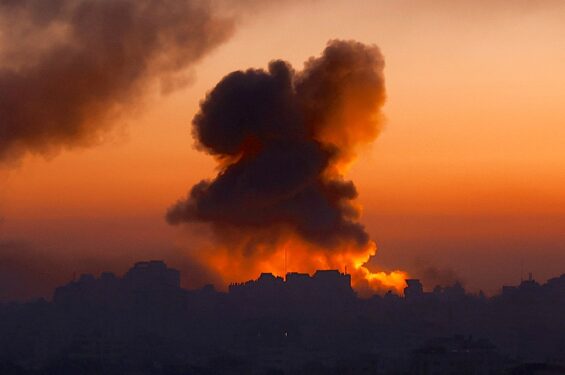
The Roman Catholic Church, however, does not teach that such calamities are the start of the End Times. Instead, say priests from the Diocese of Brooklyn, the “final days” have been underway for nearly 2,000 years.
“We would say, in fact, that we are currently living in the End Times and have been since Christ’s ascension into heaven,” said Father Joseph Zwosta.
He formerly served at St. Helen Parish in Howard Beach. Now he is the coordinator of intellectual formation and an academic dean at Pope St. John XXIII Seminary in Weston, Massachusetts.
Father Zwosta referred to paragraph 670 of the Catechism of the Catholic Church — “We are already at the last hour” — which is based on 1 John 2:18. “In this final age,” he explained, “God’s kingdom is already present to us through the Church, though not yet in its fullness.”
More context came from Father Michael Bruno, dean of seminarians and professor of Church history at St. Joseph Seminary and College at Dunwoodie, Yonkers.
The “end of time,” he said, is a beginning. Catholics are reminded of that during each Mass.
“In the creed we profess our faith ‘in the resurrection of the body and the life of the world to come,’ ” Father Bruno said. The resurrection is the “second coming,” which achieves the fullness of God’s kingdom as his son delivers justice over sin and death, he explained.
“This is the ‘new heavens and new earth’ spoken of in Revelation 21:1,” Father Bruno said.
But with so much ongoing turmoil, Catholics can reasonably ask, how then shall we live? The Tablet posed that question to Fathers Bruno, Zwosta, and other priests. Here’s a sampling of what they say during their homilies or in conversations with parishioners.
Father Bruno, Dean of Seminarians at St. Joseph Seminary and College
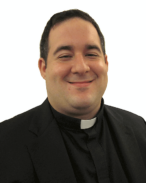
Jesus teaches in Matthew 24:36 that we “neither know the day nor the hour” of his second coming, Father Bruno said.
Christians, he added, should therefore “seek to live in expectation of the Lord’s coming.”
Father Zwosta, Coordinator of Intellectual Formation at Pope St. John XXIII Seminary
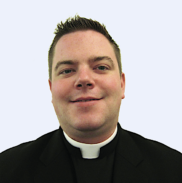
The Church cautions against connecting specific historical events with the end of the world, Father Zwosta said.
He explained that “apocalyptic” parts of the Bible are highly symbolic and meant to strengthen the faith of Christians undergoing various trials today.
“This life is full of uncertainties, no matter which historical period we live in,” Father Zwosta said. Meanwhile, he added, “we must do our part to promote justice and peace in this world while we wait in joyful hope for the world to come.”
Father Ralph Edel, Chaplain, St.Francis Prep, Fresh Meadows
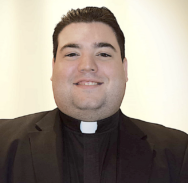
“They made it sound like he was going to be back any day now,” Father Edel said. “Well we’re 2,000 years down the line and humans have survived unbelievable things, like the Roman Empire and World War II.”
Therefore, he explained, humans can’t control the timing of Christ’s triumphant return.
Msgr. Sean Ogle, Vicar for clergy and consecrated life, Diocese of Brooklyn
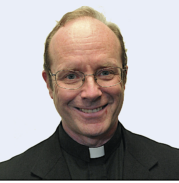
Whenever he gives homilies on the End Times, Msgr. Ogle likes to quote Col. Abraham Davenport, a legislator in Connecticut during the late 1700s.
A total solar eclipse on Oct. 27, 1780, briefly turned day into night, prompting mass upheaval. People believed it was the end of the world, but the colonel famously refused to halt the government’s business.
“He said, ‘Gentlemen, if the world is ending and the Lord is coming, I want to be found doing my duty,’ ” Msgr. Ogle paraphrased. “ ‘So, let candles be lit and let us continue the work that God has given us to do.’ ”
“I think that’s a good image for the basic Catholic teaching about the End Times.”
Father Chris Piasta, Pastor, St. Bonaventure-St. Benedict the Moor, South Jamaica
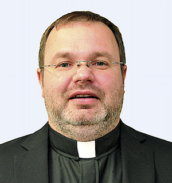
Father Piasta said Matthew 24:36 — “you know neither the day nor thehour” — can thwart any thoughts of End Times speculation.
“We can actually conclude the discussion at this point,” he said. “But if that is not enough, there’s only two options.
“First, Jesus is coming back tomorrow, or second, we’re dying tomorrow. Ultimately, the result is the same, and it’s all good — for the one who has faith.”
